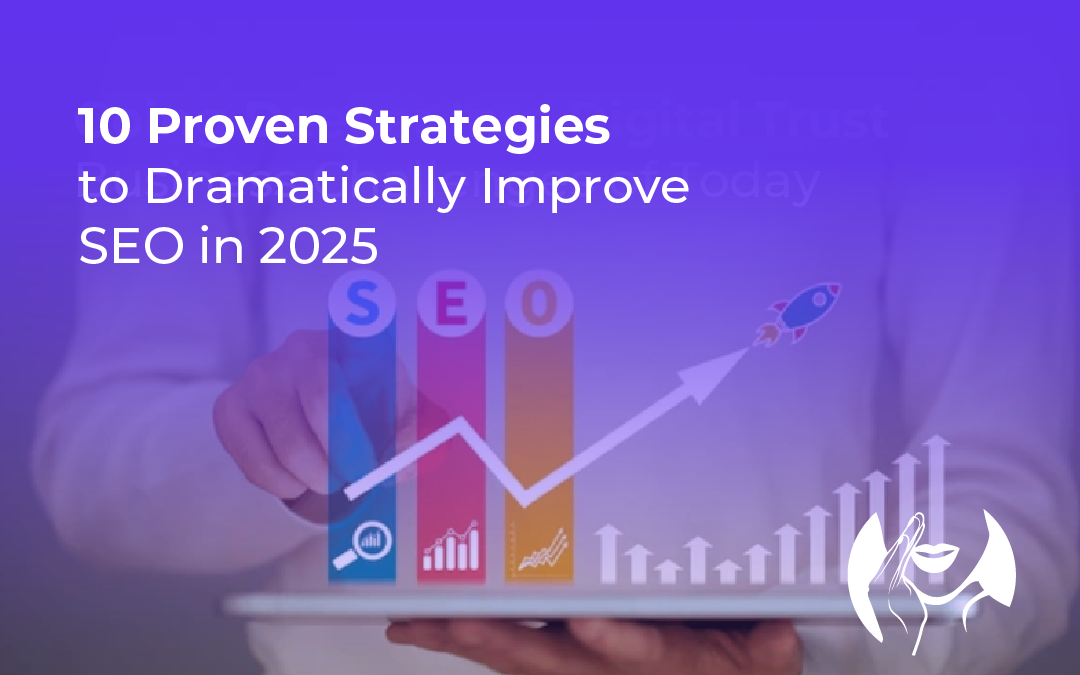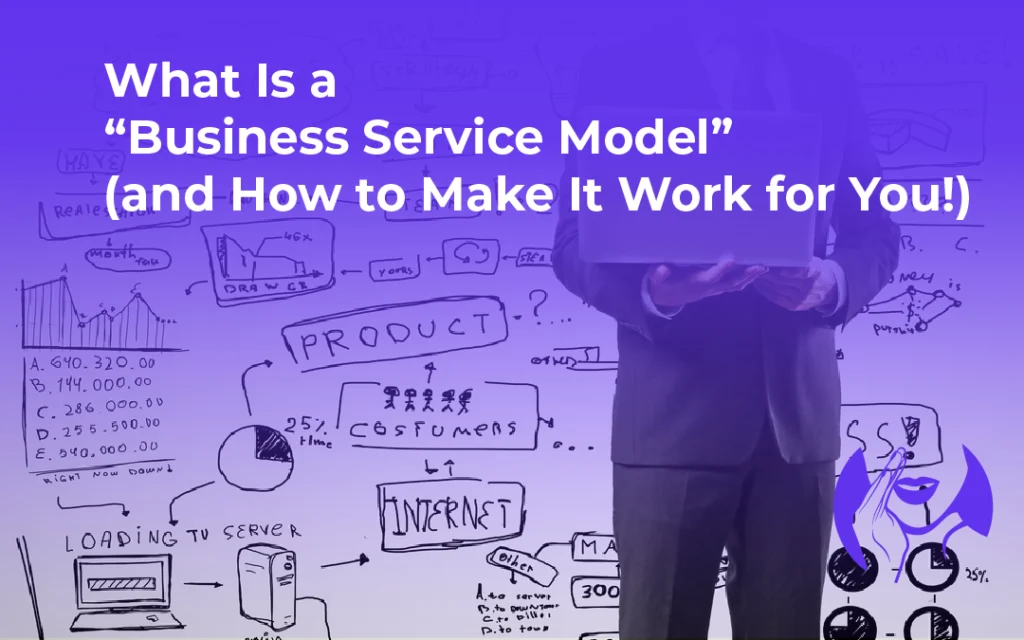Running a small business: that’s a real rollercoaster ride, right? The highs are unforgettable, but the lows can be downright draining. Securing capital is often a hurdle. Just like a strong foundation is essential for a building, a small business loan can provide the financial foundation your venture needs to grow, expand, and thrive.
Small business owners have a lot on their plate, and securing funding can be a major hurdle – but it doesn’t have to be. Fortunately you have an inside look right here on the various loan types, who’s eligible, and the essential factors to weigh in on before hitting the “apply” button.
Get the big picture with this organized breakdown of our contents.

- Understanding Small Business Loans
- Choosing the Right Loan
- Alternatives to Traditional Small Business Loans
- Due Diligence for Small Business Loans
- Managing Small Business Loans Responsibly
- Conclusion
Understanding Small Business Loans
Small business loans provide funding tailored to small business needs. Whether you need to upgrade your equipment, bring in new talent, or simply stay afloat during a slow period, these loans offer the flexibility to do so.
To get ahead, you need to know the numbers: loan amounts, annual revenue, and financing options that can help or hinder your business growth.
Types of Small Business Loans

Several loan types cater to different needs.
- SBA Loans: Backed by the U.S. Small Business Administration, these loans have favorable terms and lower interest rates. The 7(a) loan is the most common SBA loan.
- Term Loans: These traditional loans are repaid in fixed monthly installments over a set period. What you get is a straightforward deal: predictable payments and a clear repayment schedule.
- Working Capital Loans: Designed to cover immediate expenses, these short-term loans manage cash flow gaps and assist with your annual revenue.
- Business Line of Credit: Providing access to funds as needed, this operates similarly to a credit card, offering flexible repayment. Consider business lines of credit as one of your business financing options.
- Infrastructure Loans: These specialized loans finance infrastructure improvements. Businesses that provide essential services – think power, water, and roads – depend on staying on top of these details.
Whether you’re looking to buy or build commercial property, infrastructure loans can lend a helping hand with the funding you need.
Eligibility and Application
Getting a small business loan requires meeting lender-specific eligibility requirements. These often include credit score, time in business, and revenue.
First, you’ll need to show your business’s potential with a thorough plan, accompanied by your personal credit history and a snapshot of your current financial situation. Write down your thoughts on those FAQs thateveryone asks during the loan application process – it’ll save you time and stress in the long run.
Scaling your business requires careful planning – including figuring out how much financing you’ll need. Get the lowdown on loan amounts and the essentials for success. From practice expansion to equipment upgrades, the right loan can make all the difference. Let’s find a financing solution that fits your business.
Choosing the Right Loan

Selecting the right loan means evaluating various factors aligned with your financial goals.
Knowing frequently asked questions can help small business owners obtain a small business loan with preferable repayment terms.
Loan Amount and Purpose
Determine the precise funding amount needed. Identify the loan’s exact goal from the start. Getting the right loan for your business means understanding its specific needs – that’s why we’ll sort out whether a secured, unsecured, or other type of
loan is the perfect match.
Interest Rates and Repayment Terms
Compare interest rates, repayment schedules, and loan durations from different lenders. Choose what suits both your short-term needs and long-term sustainability.
Understand the minimum time in business, minimum credit score, and maximum loan amounts available to you. Be sure to look for the lowest mortgage rates when selecting your financing option.
Fees and Collateral
Be aware of any fees and required collateral. Upfront, you’ll see all the expenses laid out before you, no hidden fees or surprises. Also consider which assets, if any, may be used as collateral.

Whether seeking a commercial real estate loan or a cash-secured personal loan, assess associated fees and needed collateral.
Alternatives to Traditional Small Business Loans
Alternatives to bank loans offer flexibility and faster funding access.
Several types of business loans may offer benefits, like not having prepayment penalties or needing a minimum annual revenue. Learn if a surety bond is needed when choosing funding.
Invoice Financing
Invoice financing lets businesses sell outstanding invoices to a third party for immediate cash.
Businesses receive a portion of the invoice value upfront, then settle remaining balances and fees after customer payment. sometimes you need cash fast – and that’s exactly what this does, helping you tackle unexpected expenses.
Business Credit Cards
Business credit cards provide revolving credit for various expenses. Daily expenses, unexpected expenses, and even fortifying
your business’s financial foundation – these cards can be a lifesaver in all these situations.
However, use credit cards strategically. High interest rates and fees can strain finances if not managed carefully. These alternative financing options often come with fewer hoops to jump through, like no minimum credit score or the need for a traditional bank account.

When applying for a small business loan, frequently asked questions often cover annual revenue, mortgage rates, and even options like a capital loan or auto loan.
Crowdfunding
Crowdfunding raises small amounts of money from multiple individuals online. Donors don’t receive business ownership or investment returns.
Funding dreams just got a whole lot easier, thanks to sites like Kickstarter and GoFundMe, where good ideas meet willing supporters. Campaigns that really work can bring in big bucks, and that means a substantial injection of cash. As visibility rises, new customers are likely to take notice and come knocking on your door.
Due Diligence for Small Business Loans
Thoroughly research available loans to find the right fit.
Seek assistance with business financing options from local resources and gov websites. Find information from business administration resources for federal contracting and capital loan opportunities.
- How to start and fund your own business
- Loans
- Homepage
These resources offer helpful guidance and can direct you towards small business financing options with desirable repayment terms. Such options could even provide access to an SBA loan or an unsecured business loan.

Bolster your loan approval odds by fine-tuning your application.
Put your past triumphs on display, get real about where you stand today, and peek into the crystal ball to see what’s coming up next.
Large banks often have stricter requirements than smaller community banks or online lenders. Tired of traditional lenders saying no? Discover these alternatives that might just say yes.
Managing Small Business Loans Responsibly
After securing a loan, manage it responsibly.
A spotless payment history is like a badge of honor – it proves you’re a responsible borrower and unlocks access to better loan options.
Budget carefully to make loan payments without depleting cash reserves. Maintain available credit lines for unexpected costs or opportunities.
Working with a Small Business Development Center is like having a financial guardian angel on your side – they’ll help you identify areas for improvement and find ways to reduce waste, saving you real money over time. Bolster your financial acumen and sharpen your management skills by leveraging their experienced guidance.
Now that we’ve reached the end of this road, let’s pull over and reflect on what we’ve learned, what stuck, and what still lingers in our minds.

In need of a little financial support to grow your business? Small business loans offer just the boost you’re looking for. Don’t skip the crucial groundwork – research and careful planning set the stage for a successful outcome, while responsible management helps maintain momentum.
From practice loans to those for minority-owned businesses, securing the right funding empowers small businesses to thrive.
Whether you need financing for dental practice loans or commercial real estate projects, finding the right small business loan, and understanding the frequently asked questions around it, is vital.













